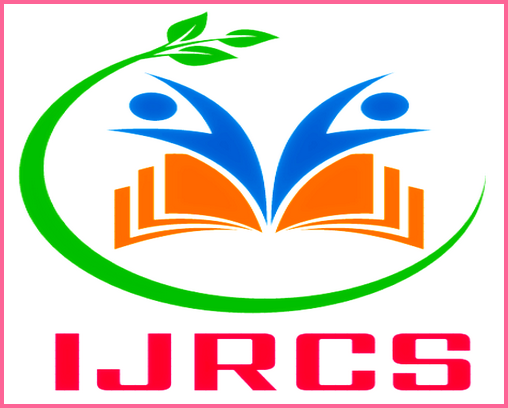ROLE OF EXPERIENTIAL LEARNING TO IMPROVE THE ACADEMIC PERFORMANCE IN BOTANY SUBJECT STUDENTS AT SENIOR SECONDARY LEVEL
Author(s): 1.Pulkeet Kumawat, 2.Dr. Kuldeep
Authors Affiliations:
1Integrated B.Ed-M.Ed, Scholar Gyan Vihar School of Education, Suresh Gyan Vihar University, Jaipur
2Assistant Professor, Gyan Vihar School of Education, Suresh Gyan Vihar University, Jaipur
DOIs:10.2017/IJRCS/202504014 | Paper ID: IJRCS202504014Abstract: The current research examines the contribution of experiential learning to enhancing the academic performance of senior secondary school students in the field of Botany. The primary objective of the study was to evaluate the effectiveness of experiential learning in comparison to traditional teaching methods in improving students’ academic outcomes. A pre-test–post-test experimental design was employed. to utilizing on 40 students (20 students in traditional learning and 20 students in experiential learning group) using multistage sampling method. The experiential learning group engaged in hands-on activities, real-world applications, and student-cantered tasks, while the traditional group received instruction through conventional lecture-based methods. The intervention was conducted over a period of 20 days. According to the statistical analysis of the pre-test and post-test results, the academic performance of the experiential learning group improved significantly compared to the traditional group. Additionally, the objectivity of the experimental comparison was validated by the comparable pre-test scores of the two groups. The results support the effectiveness of experiential learning as a teaching method for enhancing the academic achievement and conceptual understanding of Botany among senior secondary students.
Pulkeet Kumawat, Dr. Kuldeep(2025); ROLE OF EXPERIENTIAL LEARNING TO IMPROVE THE ACADEMIC PERFORMANCE IN BOTANY SUBJECT STUDENTS AT SENIOR SECONDARY LEVEL, International Journal of Research Culture Society, ISSN(O): 2456-6683, Volume – 9, Issue – 4, Pp.66-72. Available on – https://ijrcs.org/
- Kolb, D. A. (2014). Experiential learning: Experience as the source of learning and development. FT press.
- Jose, S., Patrick, P. G., & Moseley, C. (2017). Experiential learning theory: the importance of outdoor classrooms in environmental education. International Journal of Science Education, Part B, 7(3), 269-284.
- Lewis, L. H., & Williams, C. J. (1994). Experiential learning: Past and present. New directions for adult and continuing education, 1994(62), 5-16.
- Gentry, J. W. (1990). What is experiential learning. Guide to business gaming and experiential learning, 9(1), 20-32.
- Kent, O. (1960). Kent State University. Bureau of Educational Research and.
- Lee, P., & Caffarella, R. (1994). Methods and techniques for engaging learners in experiential learning activities. AUTHOR Jackson, Lewis, Ed.; And Others TITLE Applying Experiential Learning in College Teaching and Assessment: A Process Model. INSTITUTION University of Northern Colorado, Greeley. PUB DATE (Oct 92, 28.
- Austin, M. J., & Rust, D. Z. (2015). Developing an Experiential Learning Program: Milestones and Challenges. International Journal of Teaching and Learning in Higher Education, 27(1), 143-153.
- Hedin, N. (2010). Experiential learning: Theory and challenges. Christian education journal, 7(1), 107-117.
- Jeyaraj, J. S. (2019). Traditional learning vs. experiential learning. American College Journal of English Language and Literature (ACJELL), 9, 43-46.
- Raja, F. U. (2018). Comparing traditional teaching method and experiential teaching method using experimental research. Journal of Education and Educational Development, 5(2), 276-288.
- Beard, C., & Wilson, J. P. (2018). Experiential learning: A practical guide for training, coaching and education. Kogan Page Publishers.
- Chickering, A. W. (1977). Experience and Learning. An Introduction to Experiential Learning.
- https://www.communicationtheory.org/experiential-learning-kolbs-learning-styles-and-cycle/
![]()





